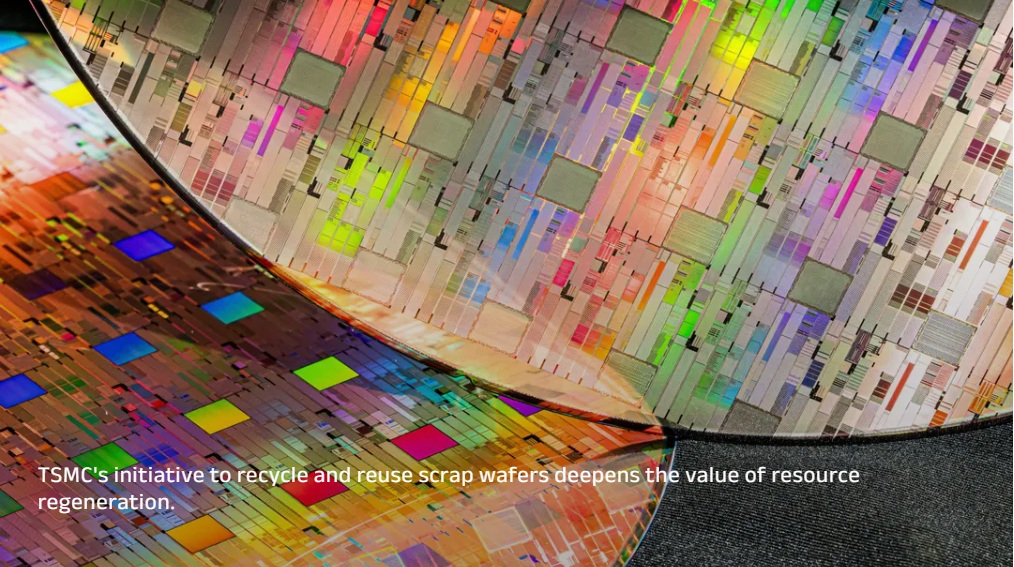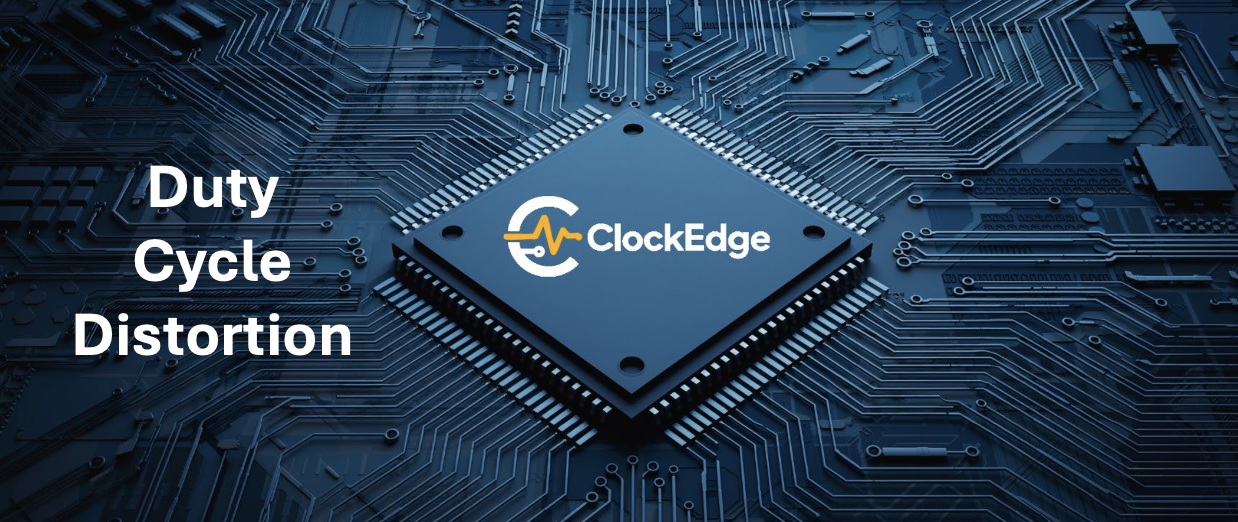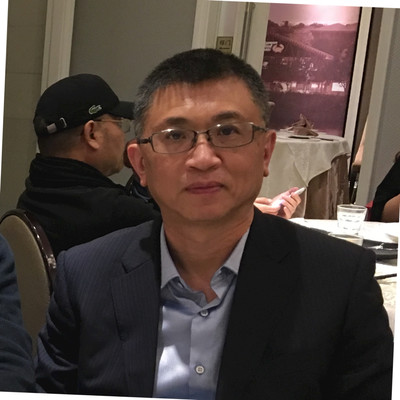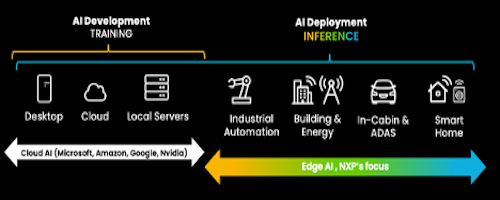Tell us a little bit about yourself and your company.
I’m Nilesh Kamdar, General Manager of the Keysight EDA business unit. Keysight is an S&P 500 company that provides design, emulation, and test solutions to help engineers develop and deploy faster with less risk. On the EDA side, we focus on RFMW, high-speed digital,… Read More
 TSMC’s CoWoS® Sustainability Drive: Turning Waste into WealthIn a significant example of how high-tech manufacturing…Read More
TSMC’s CoWoS® Sustainability Drive: Turning Waste into WealthIn a significant example of how high-tech manufacturing…Read More Taming Advanced Node Clock Network Challenges: Duty CycleAs process nodes advance, circuit behavior becomes progressively…Read More
Taming Advanced Node Clock Network Challenges: Duty CycleAs process nodes advance, circuit behavior becomes progressively…Read MoreVerifying RISC-V Platforms for Space
Space applications are booming, prompted by rapidly declining launch costs now attainable through commercial competition. Thanks to ventures like SpaceX, the cost to put a satellite into low earth orbit (LEO) has dropped from $20k/kg to $2k/kg today and is expected to drop further to $200/kg or lower. Plummeting costs drive … Read More
2026 Outlook with Paul Neil of Mach42
Tell us a little bit about yourself and your company
I’m Paul, Chief Operating Officer at Mach42. As COO, I am responsible for the business growth of Mach42, as well as driving customer success. My previous roles included VP of Product at Axelera AI, Graphcore and XMOS. I hold a PhD in Electrical Engineering and an MBA in Technology… Read More
Siemens and NVIDIA Expand Partnership to Build the Industrial AI Operating System
At CES in Las Vegas, Siemens and NVIDIA announced a major expansion of their long-standing collaboration, aiming to create what they term the “Industrial AI Operating System.” This ambitious initiative seeks to embed artificial intelligence deeply across the entire industrial value chain—from design and engineering… Read More
CES 2026 and all things Cycling
I just completed the annual Rapha 500 Challenge on Strava by cycling 869 km in eight days, so it’s time to give you my annual recap of CES 2026 and all things cycling. Similar to previous years the big push again in 2026 are e-bikes and even e-motos. The AI acronym was everywhere too in product names and announcements as physical… Read More
Podcast EP326: How PhotonDelta is Advancing the Use of Photonic Chip Technology with Jorn Smeets
Daniel is joined by Jorn Smeets, Managing Director for North America at PhotonDelta, an industry accelerator for photonic chip technology. Based in Silicon Valley, his mission is to advance the photonic chip industry by fostering collaboration between European and North American entities.
Dan explores the focus of PhotonDelta… Read More
Webinar: Why AI-Assisted Security Verification For Chip Design is So Important
It is well-known that AI is everywhere, and the incredible power of this new technology is enabled by highly complex, purpose-built silicon. But there is a silent enemy of this substantial, world-changing progress. Something that has the power to steal a bright future from all of us. The hardware root of trust for those advanced… Read More
CEO Interview with Scott Bibaud of Atomera
Scott Bibaud has served as President, Chief Executive Officer and a director since October 2015. Mr. Bibaud has been active in the semiconductor industry for over 25 years. He has successfully built a number of businesses in his career which grew to generate over $1 Billion in revenue at some of the world’s largest semiconductor… Read More
2026 Outlook with Volker Politz of Semidynamics
Tell us a little bit about yourself and your company.
I am the Chief Sales Officer for Semidynamics and I lead the global sales team and drive the overall sales process.
Semidynamics was founded in 2016 as a design service company with a focus on RISC-V. This was so successful that the CEO decided to pivot the company towards its own … Read More
Nvidia Overcoming the Challenges of Blending Hardware Verification Expertise with AI and ML
Hardware verification has always been one of the most demanding phases of system design, but today it faces an unprecedented crisis. As hardware systems grow exponentially in complexity verification resources, time, compute, and human expertise, scale far more slowly. This widening gap has resulted in endless regression … Read More













Website Developers May Have Most to Fear From AI